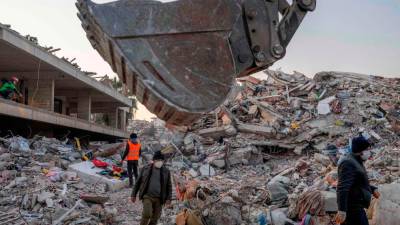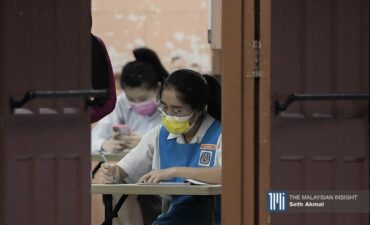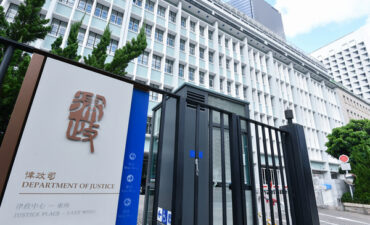ISTANBUL: Half a year on from the devastating earthquakes in southern Turkey, the medical association in the region has warned of long-term health damage.
The 7.8-magnitude quake struck south-eastern Turkey on Feb 6 this year, causing widespread destruction.
The initial quake was followed by a series of violent aftershocks. Tens of thousands of people were killed and millions left homeless.
Now the rubble has been mostly cleared, but long-term health problems are persisting, Selahattin Menteş, head of the medical association in the southern Turkish city of Adana, told German news agency (dpa). Especially women and small children are at risk, he said.
There is a lack of balanced nutrition, which can lead to developmental disorders in children. Pregnant women are also at risk.
“A large number of premature births and miscarriages have already been detected in the region,“ he added. Difficult operations have to be performed in Adana, and the hospitals there are already overloaded, he said.
Doctors in the Turkish region also noted an increase in depression.
“There have been very many deaths, people have lost everything and the life they are left with has little to offer them,“ Menteş said.
He also accused the authorities of dumping rubble from collapsed buildings in an uncontrolled manner. They do not know whether it contained toxins such as asbestos and whether it could seep into the groundwater. The lack of knowledge about this is a big problem, he said.
“We don’t know what the rate of lung cancer will be in five or 10 years, just as we don’t yet know how poor nutrition will affect children’s development.” -Bernama









